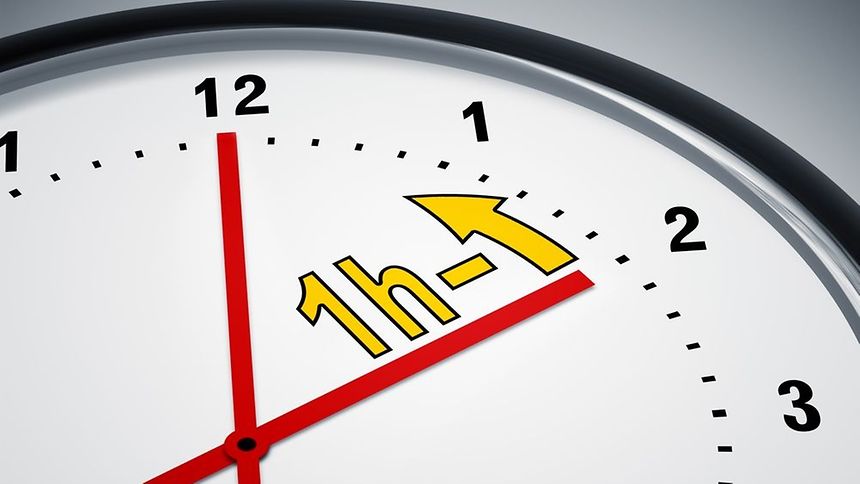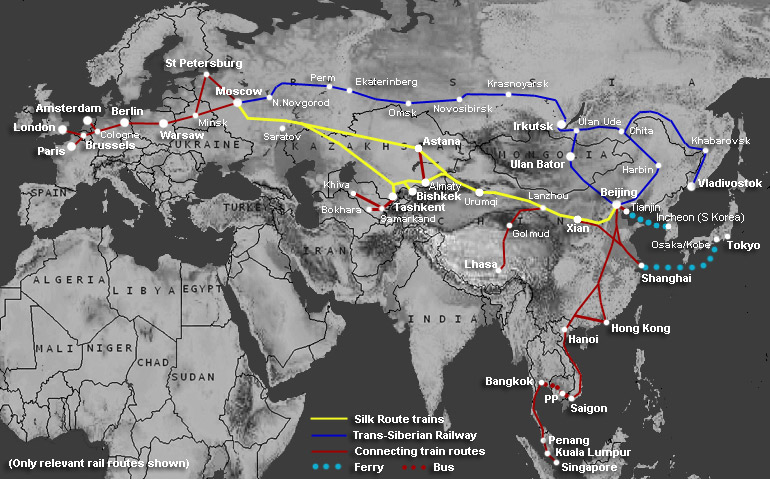The
Government of St. Maarten did an about-face in its stance on the
conditions set by the Dutch Government for recovery aid for St. Maarten
and will now agree to the conditions, based on the advice it recently
received from the Council of Advice on its draft Integrity Chamber law.
Government’s decision was also based on the willingness of new Dutch State Secretary for Kingdom Relations Raymond Knops to reopen the lines of communication and be flexible with St. Maarten and his hopefulness for an accord with the country.
Based on the recommendations from the local Council of Advice, Government will adapt its draft Integrity Chamber law giving the Dutch Government the authority to appoint a member and will also agree to strengthening of the presence of Royal Netherlands Marechaussees (Dutch military police) and Customs Officers in St. Maarten for border control and their reporting to the Kingdom Government.
A letter to this effect has been sent to Knops as well as to the Kingdom Council of State, to which St. Maarten had to report to by November 1 on the issue. “In the letters we are saying that we agree [to the conditions – Ed.] because our Council of Advice stated that the protocol was an agreement between the Dutch and St. Maarten Governments,” Marlin said. “Based on the decision we [Council of Ministers – Ed.] have taken, we do not see what other issues the Dutch Government will have now,” Marlin told reporters at a press conference held Monday evening.
Marlin said the local Council of Advice has stated that St. Maarten should follow the protocol signed with the Dutch Government as it is a valid agreement, which St. Maarten had executed by drafting an Integrity Chamber law that was sent to Parliament and approved. Although the Constitutional Court took issue with that version of the Integrity Chamber law, it only rejected “two or three points,” not all the points. The Kingdom Council of State in its July ruling also urged Government to come with a new ordinance taking into account the ruling of the Constitutional Court.
Marlin said in the new draft Integrity Chamber law that St. Maarten recently devised, provisions were not included for the Dutch to appoint anyone to the chamber as had been originally agreed. It was instead proposed that binding nominations would be made by the Court of First Instance, the Ombudsman and the General Audit Chamber.
Based on the recommendations by the local Council of Advice, the Government of St. Maarten will now amend the draft Integrity Chamber law to reflect what was originally agreed to in the protocol: that the Dutch Government would nominate a candidate (the chairperson), the St. Maarten Government will appoint a candidate and that both candidates would nominate a candidate to the Kingdom Council of Ministers, who would then be appointed by Kingdom Decree. Also, the reporting to the Kingdom Council of Ministers, which was already agreed upon, in the opinion of the Council of Advice, should be adhered to.
As far as the issue of border control is concerned, Marlin said since this is part of the protocol signed in 2015, making provisions for a flex pool agreement where the Dutch Government would make border control officers available to the country and these officers having been here for several years now, the strengthening of their presence can be expanded upon. “We are saying that it is already in place. We will agree to add more Marechaussees. We will also agree for them to make Customs Officers available, but at all times, we must ensure that the constitutional integrity will remain intact, which means that these things must fall under the responsibility of the Ministry in St. Maarten.
This is the decision that the Government of St. Maarten has taken and it has been communicated to the Dutch Government and to the Kingdom Council of State.”
He said also that St. Maarten will attempt to have a working conference in mid-November to iron out the details of the aid to St. Maarten including how it will be packaged and executed.
Regarding the letter sent to the Kingdom Council of State, Marlin said it was agreed that St. Maarten would have done its utmost to have the integrity legislation completed by October 31 (today), but in the event that it is not completed, Government would report back to the Kingdom Council of State by November 1 (tomorrow), on the progress that has been made. Marlin said before hurricane Irma, he wrote the Dutch Government and the Kingdom Council of State explaining that St. Maarten had already prepared a draft Integrity Chamber law, which was sent to Governor Eugene Holiday on September 1, and forwarded to the local Council of Advice on September 3.
For the complete report click here
Government’s decision was also based on the willingness of new Dutch State Secretary for Kingdom Relations Raymond Knops to reopen the lines of communication and be flexible with St. Maarten and his hopefulness for an accord with the country.
Based on the recommendations from the local Council of Advice, Government will adapt its draft Integrity Chamber law giving the Dutch Government the authority to appoint a member and will also agree to strengthening of the presence of Royal Netherlands Marechaussees (Dutch military police) and Customs Officers in St. Maarten for border control and their reporting to the Kingdom Government.
A letter to this effect has been sent to Knops as well as to the Kingdom Council of State, to which St. Maarten had to report to by November 1 on the issue. “In the letters we are saying that we agree [to the conditions – Ed.] because our Council of Advice stated that the protocol was an agreement between the Dutch and St. Maarten Governments,” Marlin said. “Based on the decision we [Council of Ministers – Ed.] have taken, we do not see what other issues the Dutch Government will have now,” Marlin told reporters at a press conference held Monday evening.
Marlin said the local Council of Advice has stated that St. Maarten should follow the protocol signed with the Dutch Government as it is a valid agreement, which St. Maarten had executed by drafting an Integrity Chamber law that was sent to Parliament and approved. Although the Constitutional Court took issue with that version of the Integrity Chamber law, it only rejected “two or three points,” not all the points. The Kingdom Council of State in its July ruling also urged Government to come with a new ordinance taking into account the ruling of the Constitutional Court.
Marlin said in the new draft Integrity Chamber law that St. Maarten recently devised, provisions were not included for the Dutch to appoint anyone to the chamber as had been originally agreed. It was instead proposed that binding nominations would be made by the Court of First Instance, the Ombudsman and the General Audit Chamber.
Based on the recommendations by the local Council of Advice, the Government of St. Maarten will now amend the draft Integrity Chamber law to reflect what was originally agreed to in the protocol: that the Dutch Government would nominate a candidate (the chairperson), the St. Maarten Government will appoint a candidate and that both candidates would nominate a candidate to the Kingdom Council of Ministers, who would then be appointed by Kingdom Decree. Also, the reporting to the Kingdom Council of Ministers, which was already agreed upon, in the opinion of the Council of Advice, should be adhered to.
As far as the issue of border control is concerned, Marlin said since this is part of the protocol signed in 2015, making provisions for a flex pool agreement where the Dutch Government would make border control officers available to the country and these officers having been here for several years now, the strengthening of their presence can be expanded upon. “We are saying that it is already in place. We will agree to add more Marechaussees. We will also agree for them to make Customs Officers available, but at all times, we must ensure that the constitutional integrity will remain intact, which means that these things must fall under the responsibility of the Ministry in St. Maarten.
This is the decision that the Government of St. Maarten has taken and it has been communicated to the Dutch Government and to the Kingdom Council of State.”
He said also that St. Maarten will attempt to have a working conference in mid-November to iron out the details of the aid to St. Maarten including how it will be packaged and executed.
Regarding the letter sent to the Kingdom Council of State, Marlin said it was agreed that St. Maarten would have done its utmost to have the integrity legislation completed by October 31 (today), but in the event that it is not completed, Government would report back to the Kingdom Council of State by November 1 (tomorrow), on the progress that has been made. Marlin said before hurricane Irma, he wrote the Dutch Government and the Kingdom Council of State explaining that St. Maarten had already prepared a draft Integrity Chamber law, which was sent to Governor Eugene Holiday on September 1, and forwarded to the local Council of Advice on September 3.
For the complete report click here









